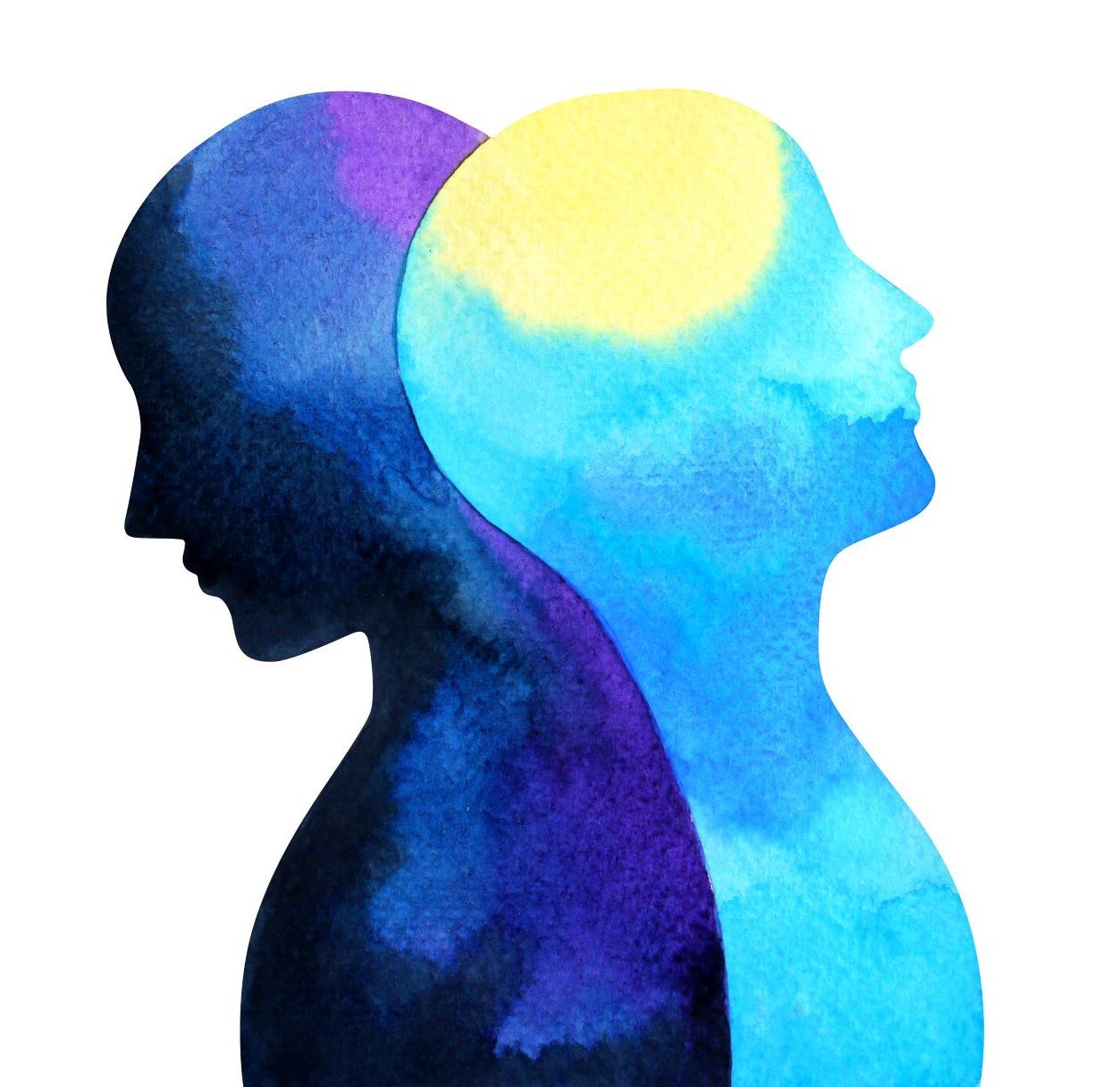If you are someone struggling with a behavioral issue (e.g., using substances in a problematic way) or a mood issue (e.g., panic attacks, depression), it’s likely that someone in your life, at some point, will encourage you to seek therapy. And if you are brave enough to want to make changes and think that it might be helpful to talk to someone about how to go about doing that, it can be daunting to take the next step and find a therapist. The reality is that there are lots of treatment options with different names, and acronyms, for treatments and it can be tough to make heads or tails of it all!
One kind of therapy which gets mentioned a lot is “CBT,” or Cognitive Behavioral Therapy. This therapy is very well researched over the years, and has been shown to be very effective at helping people change behaviors and reduce uncomfortable symptoms, like depression and anxiety. This is not to say that other treatments don’t work well, just that CBT has a large evidence base to back it up.
Cognitive Behavioral Therapy is rooted in several core beliefs about how human beings function in the world and how behavioral change happens, including the beliefs that
- Humans continue to engage in behaviors that are somehow reinforced, meaning they “work” in some way.
- That we avoid things that are not reinforced or things that are linked with punishment
- That our internal thoughts (cognitions) and feelings have an impact our behaviors and that
- We can monitor and change our thoughts and learn skills to manage our feelings
CBT and the various therapies that fall under its umbrella focus on the link between our thoughts, feelings and behaviors. It teaches you how to assess your thoughts for accuracy and adaptability (e.g., do I really need to use in response to this craving?), and increase your awareness of feelings (e.g., am I mad or scared?), and how these thoughts and feelings impact our behaviors (e.g., if I believe I cannot tolerate anxiety then I will make attempts to make it go away) and the reinforcement we get for our behaviors (e.g., when I drink my anxiety goes away).
If you choose to work with a CBT therapist they will typically focus on target behaviors for change, and help you understand how your thought patterns might be influencing your feelings and behavioral choices. They will also be active in teaching you new behavioral strategies and new ways to relate to your thoughts and feelings. They will encourage you to practice of the new behaviors – both in session and outside of session. The goal is to help new skills and behaviors be more generalizable, meaning that over time and practice, you can learn to use them across a variety of situations. For instance, if you happen to be someone targeting panic and fear of enclosed spaces, when you learn to tolerate the anxiety that comes along with being in a crowded elevator, you can take the next step and tolerate the anxiety of a crowded subway car.
CBT also focuses on habituation, or the idea that if we let ourselves experience feelings (anxiety, for example) without fleeing the situation or doing something to compensate (like having a drink), over time we’ll learn that the anxiety is tolerable and it will actually get less intense. Similarly, you can learn to “urge surf” and ride the wave of a craving instead of giving into it and over time the cravings will get less intense. This is just like if you’re sitting in a room where the clock ticks loudly: at first it might be really annoying! But as you spend more time in the room, the ticking fades into the background of your mind until you might not notice it much at all.
When considering CBT therapy or a CBT therapist, it can be helpful to ask how that person thinks about helping with behavior change, what sessions would look like, and would there be homework. This can help you assess both goodness of fit with the therapist and also whether CBT work is something you’re open to trying.



